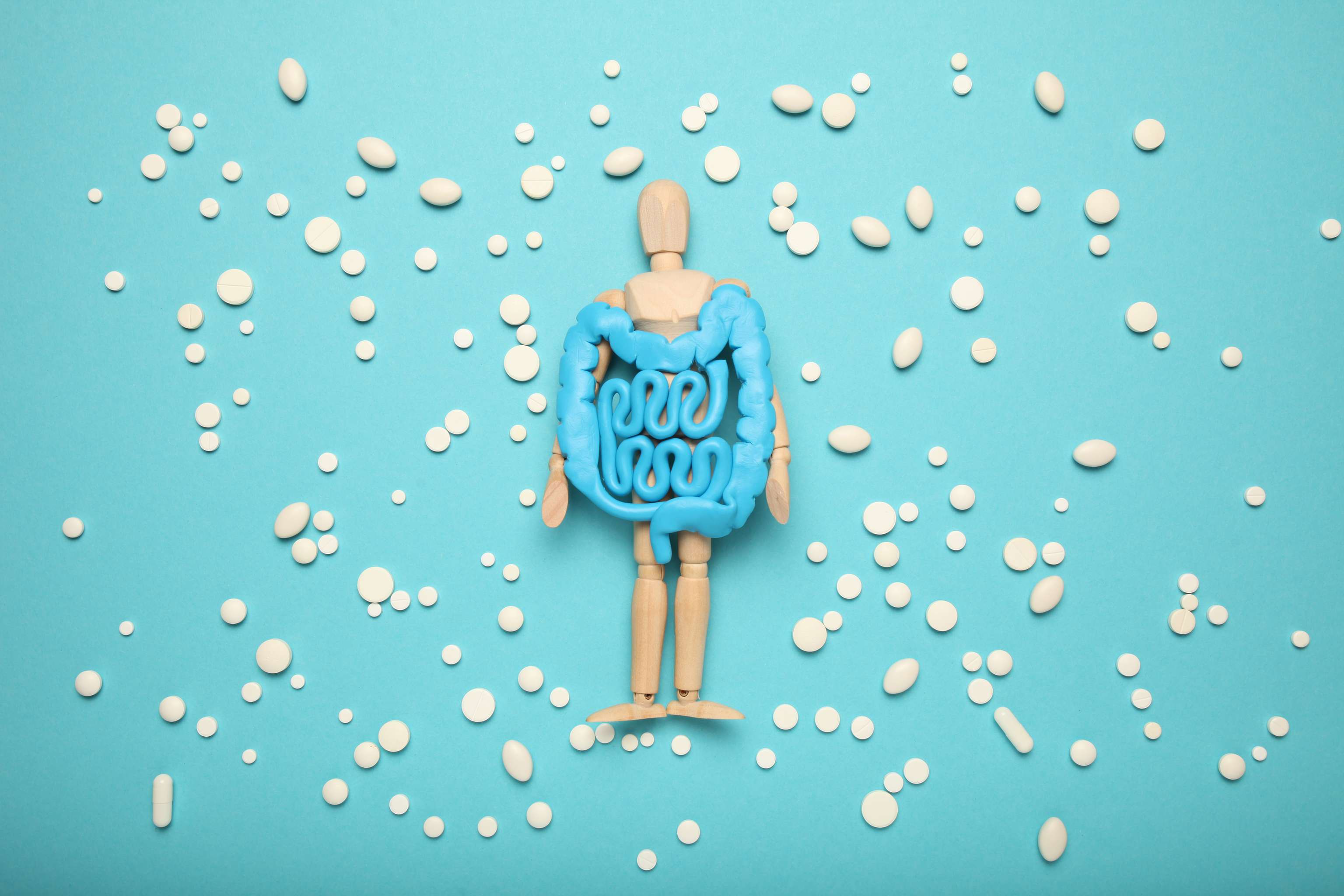Are probiotics always appropriate?

Probiotics defined:
Probiotics are preparations intended to contain living microorganisms with potential health effects, such as yeasts or lactic acid bacteria (i.e. a component of the human intestinal flora). Probiotics are available on the market both as food supplements and as medicinal products. Due to the lack of large-scale clinical studies, medical guidelines therefore usually contain more "can" than "should" recommendations.
However, evidence-based studies do exist which state that certain probiotics have achieved beneficial effects in conditions such as irritable bowel syndrome, antibiotic-associated diarrhea, and some intestinal diseases.
Evidence of a positive effect:
A randomized controlled trial published in 2019 explored probiotic effects in relation to common antibiotic-associated diarrhea (AAD for short). Here, microorganisms are thought to prevent AAD by providing a gut barrier, gut flora restoration, and other mechanisms of action. The primary end goal was to evaluate the efficacy and safety of probiotics of any strain or dose used to prevent AAD in children.
Children between 0 and 18 years of age were included in the study. They received a dose of probiotics in addition to antibiotics, which were compared to a placebo, active alternative prophylaxis, or no treatment to measure the incidence of AAD.
In the probiotic-treated group, AAD occurred in only 8% of the children, while the control group recorded up to 19%, with the most efficient results for prophylaxis of AAD provided by the lactic acid bacteria Lactobacillus rhamnosus and Saccharomyces boulardii at an administration dose of 5 to 40 billion CFU per day (i.e. colony-forming unit).
Study Results:
The overall evidence suggests a moderate protective effect of probiotics for the prevention of AAD. In addition, there is also evidence that probiotics can moderately shorten the duration of diarrhea, equivalent to almost one day. To draw firm conclusions about the efficacy and safety of probiotics as an adjunct to antibiotics in children, these findings require larger, multicenter, randomized trials.
Clostridioides difficile:
Antibiotics can disrupt human microbiomes, which can subsequently decrease resistance to pathogens such as the bacterium Clostridioides difficile. A review published in 2017 by Cochrane, a global, independent network of scientists and physicians, examined 8672 patients treated with antibiotics. It found that probiotics given during antibiotic therapy may reduce the risk of certain bacteria-associated diarrhea (i.e., Clostridioides difficile), but may not prevent infection with the bacterium, according to study results. Clostridium difficile-associated diarrhea usually presents as a form of antibiotic-associated diarrhea - but is not equated with it.
A dangerous effect?
In 2008, the journal The Lancet published a double-blind, placebo-controlled trial that examined effects of probiotic prevention in patients diagnosed with severe acute pancreatitis. The main concern with acute pancreatitis is infectious complications and associated mortality in patients. In this regard, the study showed excess mortality in the probiotics group in nearly 300 patients, with the previously mentioned yeast Saccharomyces boulardii possibly triggering fungal infections.
Conclusion:
Probiotic prophylaxis should generally not be used in this category of patients according to study results. Consequently, individual counseling by medical professionals is significant to prevent complications. Even though evidence-based probiotic studies have been published, further randomized, placebo-controlled multicenter studies are needed to investigate their exact efficacy.
Sources
- Guo Q, Goldenberg JZ, Humphrey C, El Dib R, Johnston BC. Probiotics for the prevention of pediatric antibiotic-associated diarrhea. Cochrane Database Syst Rev. 2019 Apr 30;4(4):CD004827. doi: 10.1002/14651858.CD004827.pub5. PMID: 31039287; PMCID: PMC6490796.
- Goldenberg JZ, Yap C, Lytvyn L, Lo CK, Beardsley J, Mertz D, Johnston BC. Probiotics for the prevention of Clostridium difficile-associated diarrhea in adults and children. Cochrane Database Syst Rev. 2017 Dec 19;12(12):CD006095. doi: 10.1002/14651858.CD006095.pub4. PMID: 29257353; PMCID: PMC6486212.
- Besselink MG, van Santvoort HC, Buskens E, Boermeester MA, van Goor H, Timmerman HM, Nieuwenhuijs VB, Bollen TL, van Ramshorst B, Witteman BJ, Rosman C, Ploeg RJ, Brink MA, Schaapherder AF, Dejong CH, Wahab PJ, van Laarhoven CJ, van der Harst E, van Eijck CH, Cuesta MA, Akkermans LM, Gooszen HG; Dutch Acute Pancreatitis Study Group. Probiotic prophylaxis in predicted severe acute pancreatitis: a randomised, double-blind, placebo-controlled trial. Lancet. 2008 Feb 23;371(9613):651-659. doi: 10.1016/S0140-6736(08)60207-X. Epub 2008 Feb 14. Erratum in: Lancet.2008 Apr 12;371(9620):1246. PMID: 18279948.
- Probiotika (Netdoktor)
- Die Indikation ist ausschlaggebend (Pharmazeutische Zeitung)

Danilo Glisic
Last updated on 29.03.2021
Your personal medication assistant
Browse our extensive database of medications from A-Z, including effects, side effects, and dosage.
All active ingredients with their effects, applications, and side effects, as well as the medications they are contained in.
Symptoms, causes, and treatments for common diseases and injuries.
The presented content does not replace the original package insert of the medication, especially regarding the dosage and effects of individual products. We cannot assume liability for the accuracy of the data, as the data has been partially converted automatically. Always consult a doctor for diagnoses and other health-related questions.
© medikamio